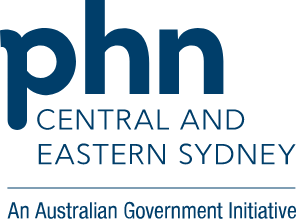Workforce Development
5,726
57,202
122
14
123
315
The PHN’s Continuing Professional Development (CPD) team collaborated closely with GP facilitators, education committees, and partner organisations to develop high-quality activities. These efforts not only supported GPs in meeting their educational obligations but also promoted regional collaboration and knowledge sharing.
The CPD program continues to receive an average satisfaction of 98% from attendees via the event evaluation surveys, highlighting its high-quality educational content and speakers.
Key program elements
The education program delivered a diverse range of learning opportunities, including:
- Continuing Professional Development activities
- Peer Group Learning
- Domestic and Family Violence in-practice training
- The GROW project
- Nurse education initiatives
- Cultural awareness training
- Commissioned training tailored to local needs
Online webinars remained the preferred format for participants and made up the majority of events. However, in person face-to-face sessions are always well received, and allow hands-on practical learning, real-time engagement with specialists, and valuable peer networking.
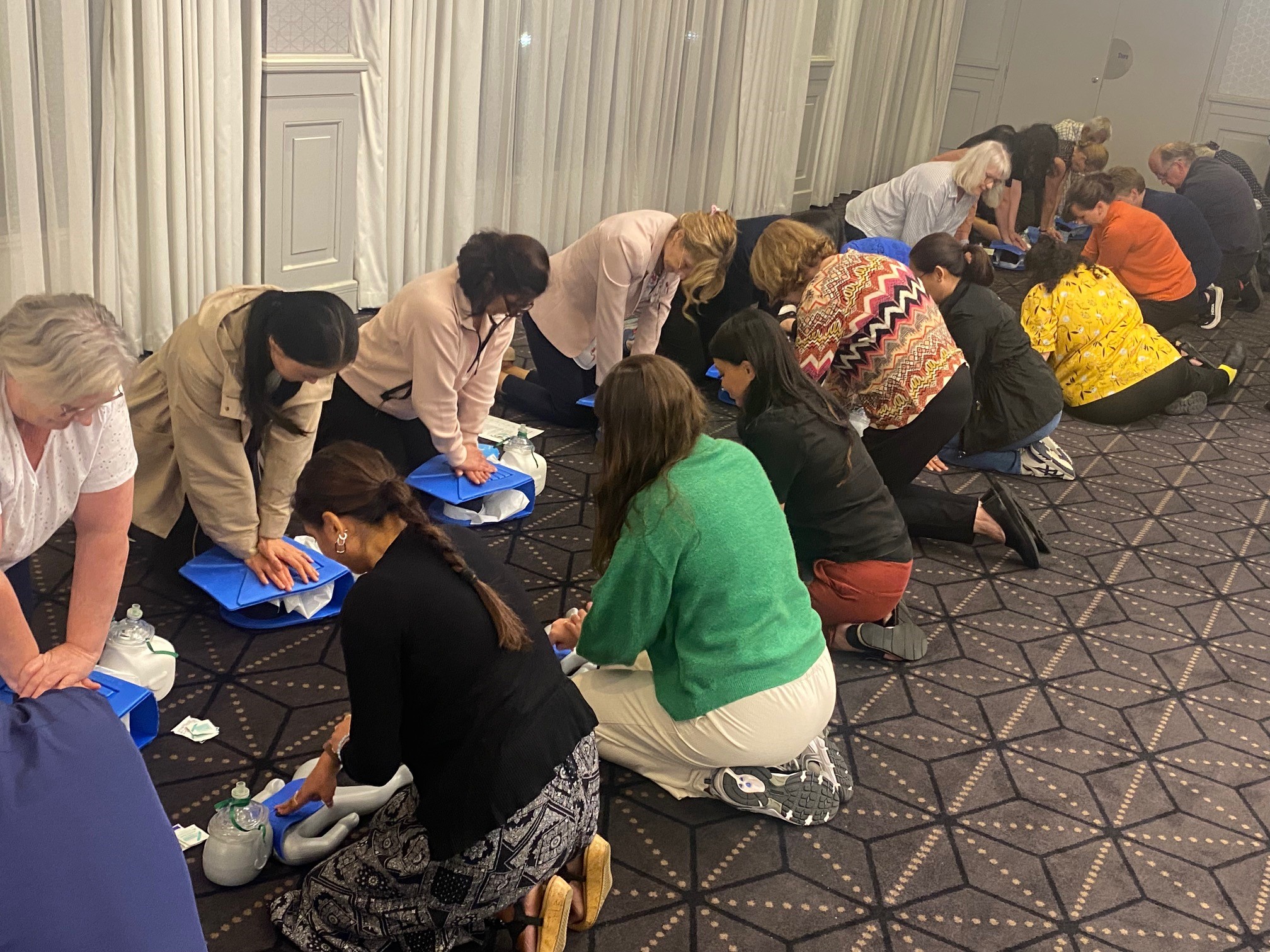
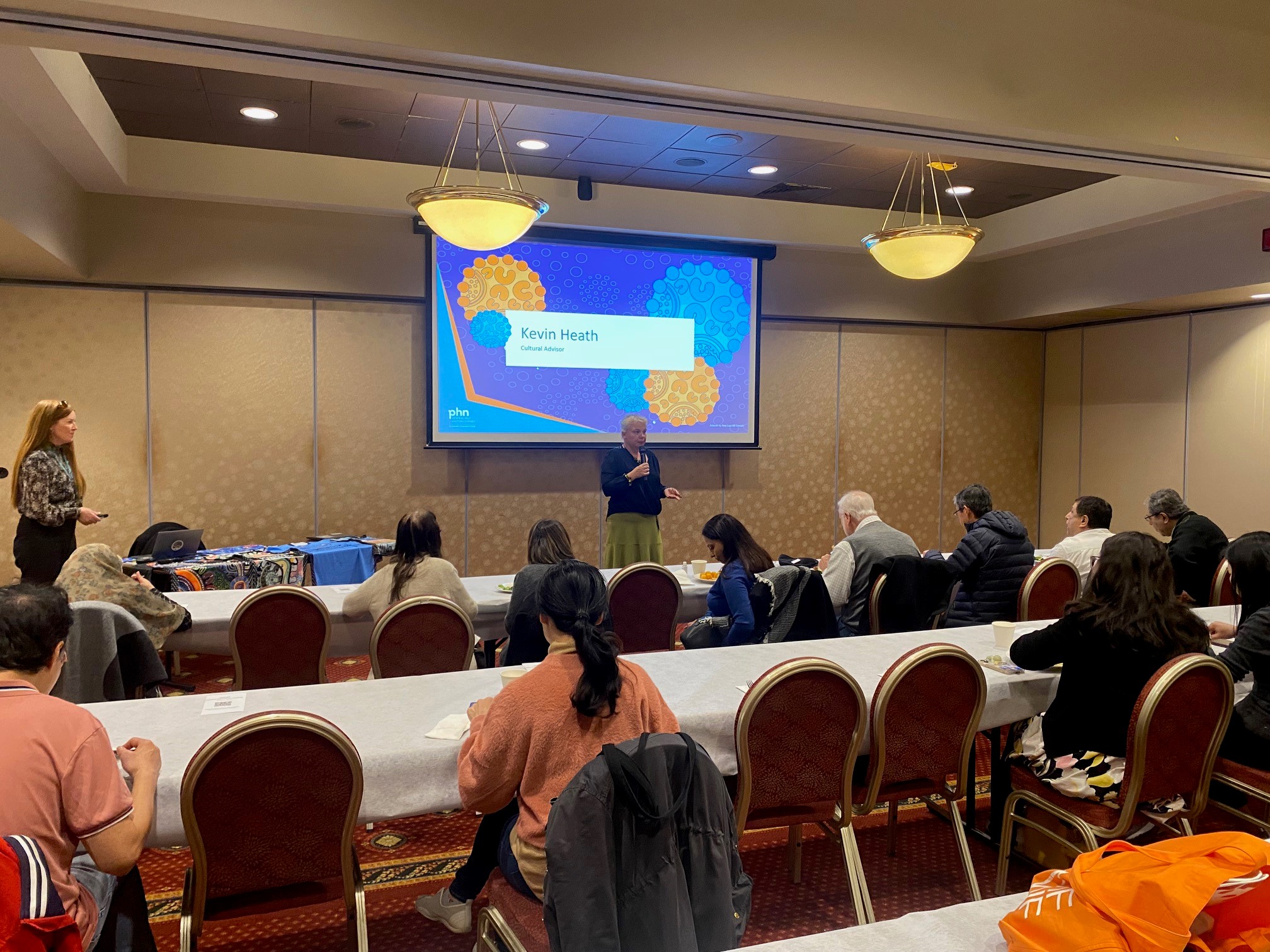
A highlight of the calendar was the Ophthalmology update, delivered as an upskilling workshop event in partnership with the Retina and Eye Consultants. Other topics included:
- AI in healthcare.
- Heart failure.
- Domestic and Family Violence.
- My Medicare – support for residential aged care homes.
- Establishment of urgent care centres.
- Upcoming changes to MBS Chronic Disease Management.
- Low Back Pain Management: An upskilling workshop for GPs.
- Dermatology upskilling workshop skin lesions examination and management in GP.
- Allied Health Digital Health Updates.
- Professional development to better support allied health providers and their businesses.
Peer Group Learning
The Peer Group Learning (PGL) Program continues to play an integral role in the ongoing professional development of GPs in the region. With high levels of engagement, consistently strong evaluation outcomes, and a diverse array of timely and clinically relevant topics delivered through both online and in-person sessions, the program remains a trusted and well-regarded education model.
The program’s evolving design has allowed greater accessibility and adaptability, ensuring its continued relevance across a changing healthcare landscape. The commitment of participating GPs, the expertise of presenters, and the support from CESPHN collectively underpin the PGL programs continued success.
The PGL program delivered education on a diverse range of clinical and public health subjects including:
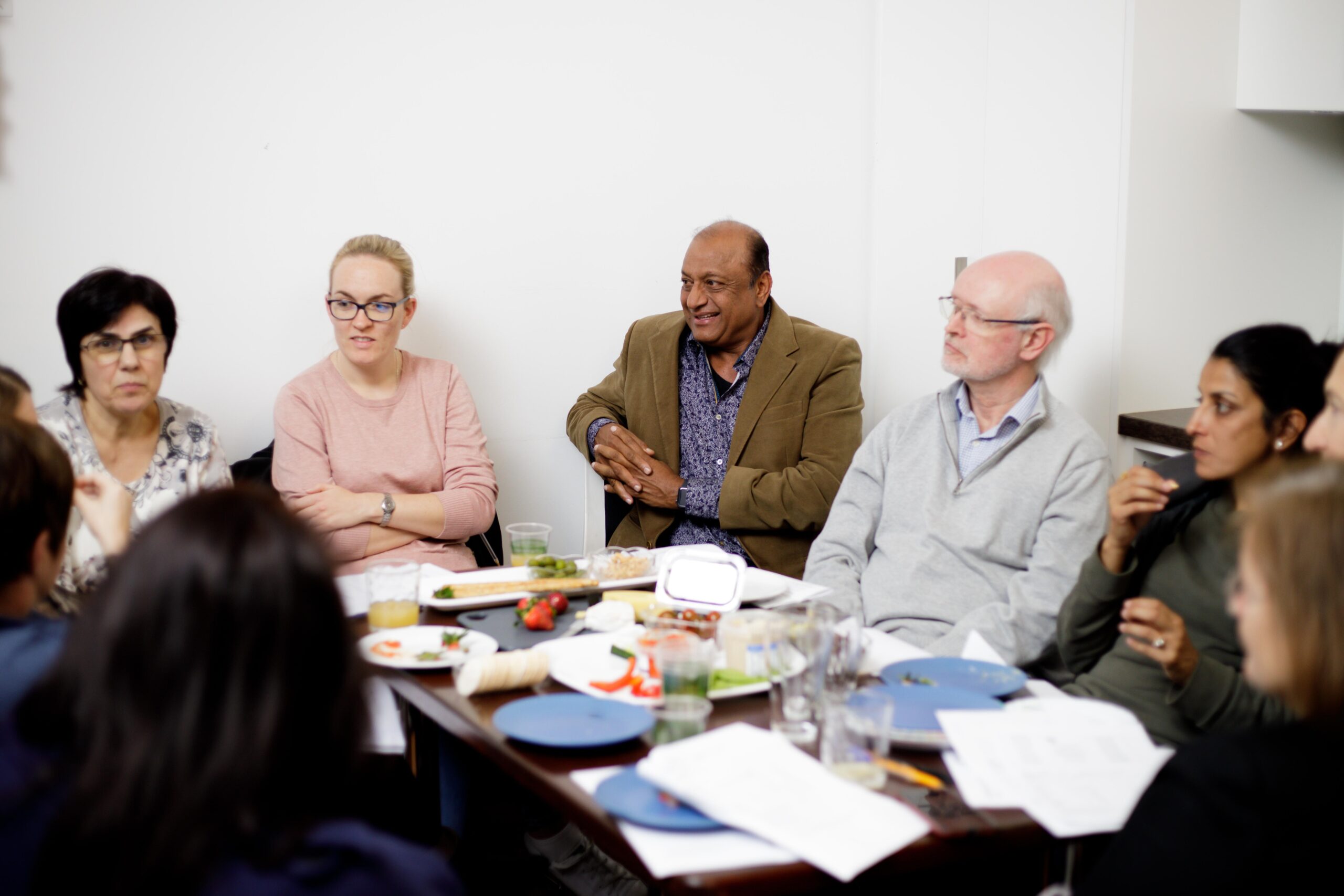
- Online PGL sessions: 80
- In-person PGL sessions: 42
- Total PGL sessions held: 122
- Total PGL attendances: 1,135* these figures above are intended to highlight the PGL program, but are included in the total numbers on the previous page
The PGL program delivered education on a diverse range of clinical and public health subjects including:
- Type 2 Diabetes – New Medications and Weight Loss Drugs
- Eating Disorders
- Management of Obesity
- Immunodeficiency Diseases
- Interventional Radiology
- Public Health Unit and Immunisation Updates
- Respiratory Updates, including Cancer Screening
- Domestic and Family Violence
- Voluntary Assisted Dying
IAR-DST
The Initial Assessment and Referral (IAR) Decision Support Tool (DST) is an evidence-informed tool developed by the Commonwealth Department of Health, Disability and Ageing to assist GPs and mental health clinicians make appropriate referrals, helping their patients/clients access appropriate mental healthcare. PHNs were funded 2022-2025 to provide training in the IAR-DST to GPs and other mental health clinicians, via a Training and Support Officer (TSO) workforce.
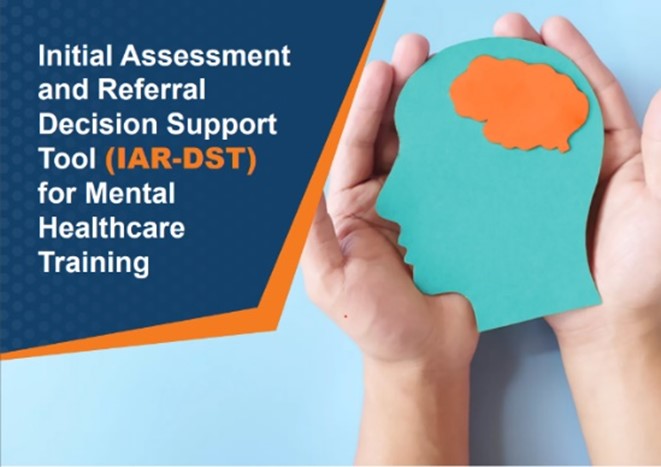
Currently, the IAR-DST is being used:
- Medicare Mental Health Centres.
- The National Medicare Mental Health Phone Service.
- PHN Commissioned Services (PSS, PICS, Tele-Psychiatry Service).
- The CESPHN Mental Health Services Directory clinical services listings.
- State-based services in other states for intake and triage purposes.
Key activities of the IAR project team
On July 1 2024, the Department released version 2.0 of the IAR Guidance along with three age-based adaptations to the IAR-DST for children (5-11 years), adolescents (12-17 years) and older adults (65+ years). This provided an opportunity to engage with a broader range of stakeholders working with specific populations such as the five CESPHN headspace Centres, to deliver tailored IAR training focused on adolescent mental health.
In the past 12 months, the CESPHN IAR team delivered 29 training sessions to clinicians across the region, training an additional 211 CESPHN participants, including 118 GPs. In total, CESPHN trained 729 GPs, which is the highest number of GPs trained by any PHN nationally.
In January 2025, CESPHN’s Initial Assessment and Referral (IAR) training sessions were extended nationally as part of the National IAR Support Project. This expansion has significantly broadened access for clinicians across Australia, particularly those in regions without local IAR training opportunities. In the first 4 months of the National Training Program, CESPHN has trained clinicians from 20 PHNs.
The CESPHN IAR Working Group, established in 2022, continued to meet monthly until May 2025 when its activities concluded and the group was formally disbanded.
Throughout the reporting period, the IAR team also contributed to several state and national initiatives, including:
- Consultation with NSW Health regarding incorporation of the IAR-DST into assessment and triage processes
- A validation study of the IAR-DST,
- Development of a Train-the-Trainer e-learning module for new IAR Training and Support Officers, and
- Input into an upcoming e-learning module for the IAR GP training package, expected to be finalised in the coming months.
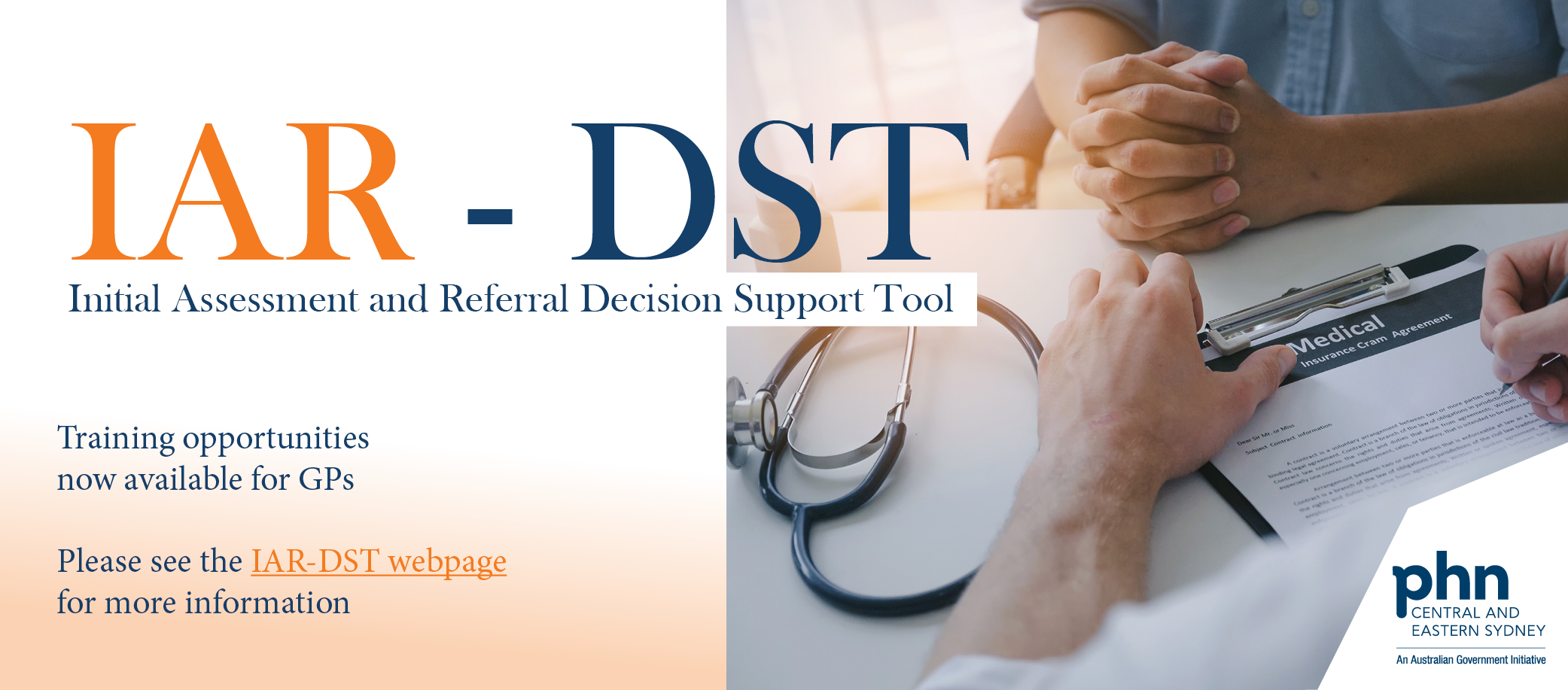
Project GROW
17
92
100
Project GROW is part of the Primary Care Enhancement Program (PCEP), a national initiative that seeks to address barriers to equitable health care for people with intellectual disability. The PCEP is a priority project under the Australian Government’s National Roadmap for Improving the Health of People with Intellectual Disability.
Project GROW aims to increase the skills and confidence of primary care professionals, improve the health literacy of people with intellectual disability, and build capacity in the disability sector to better support clients in accessing and navigating primary care.
Project GROW delivered targeted education and quality improvement initiatives to strengthen the capacity of primary care and Supported Independent Living (SIL) providers to deliver inclusive, person-centred care for people with intellectual disability.
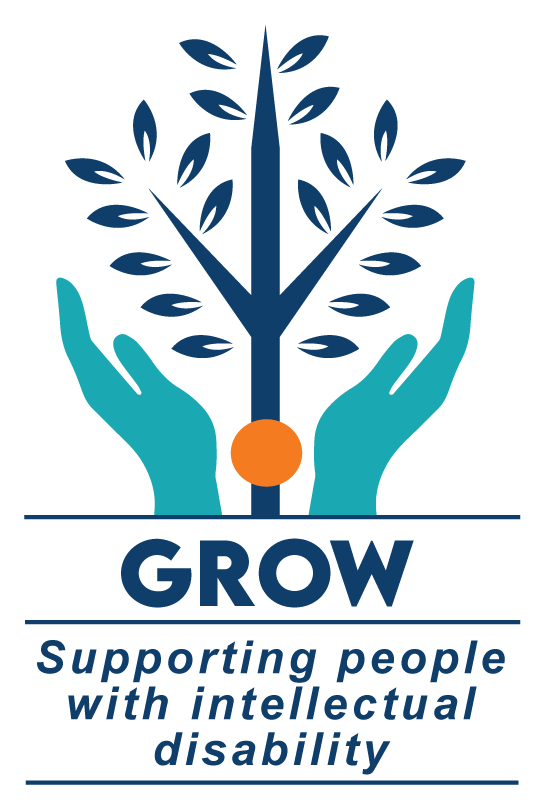
DFSV Assist
DFSV Assist is a program supporting primary care providers (PCPs) since 2020 to identify, respond to, and refer patients affected by domestic, family, and sexual violence (DFSV). It offers education through in-practice and online training, CPD events, conferences, and train-the-trainer sessions. PCPs learn to recognise signs of DFSV, respond to disclosures, and refer patients appropriately. Two Navigators provide support for PCPs to assist in care coordination and referrals.
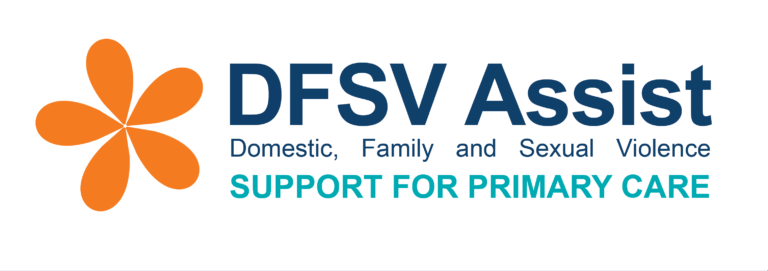
Achievements
- CESPHN expanded its Domestic, Family, and Sexual Violence initiatives, strengthening the role of primary care in supporting victim-survivors. A key milestone was the commissioning of the Sexual Violence/Child Sexual Abuse (SV/CSA) Navigator, delivered by Sydney Local Health District, which commenced in March 2025.
- The DFSV Assist program continued to build primary care capacity, with 27 training sessions delivered to 315 participants across the region. The DFSV Navigators provided specialist clinical advice on 73 occasions and received 29 direct referrals to assist general practices in supporting patients experiencing or at risk of violence.
- In January 2025, CESPHN secured new funding for the Supporting Outreach Healthcare for Victim-Survivors of DFSV program. Branded as DFSV Health Assist, the initiative will implement a place-based health response for women and children on temporary visas who have fled violence and are now living in refuges or other short-term accommodation. This targeted outreach model ensures culturally safe, trauma-informed care is available where and when it is most needed.
